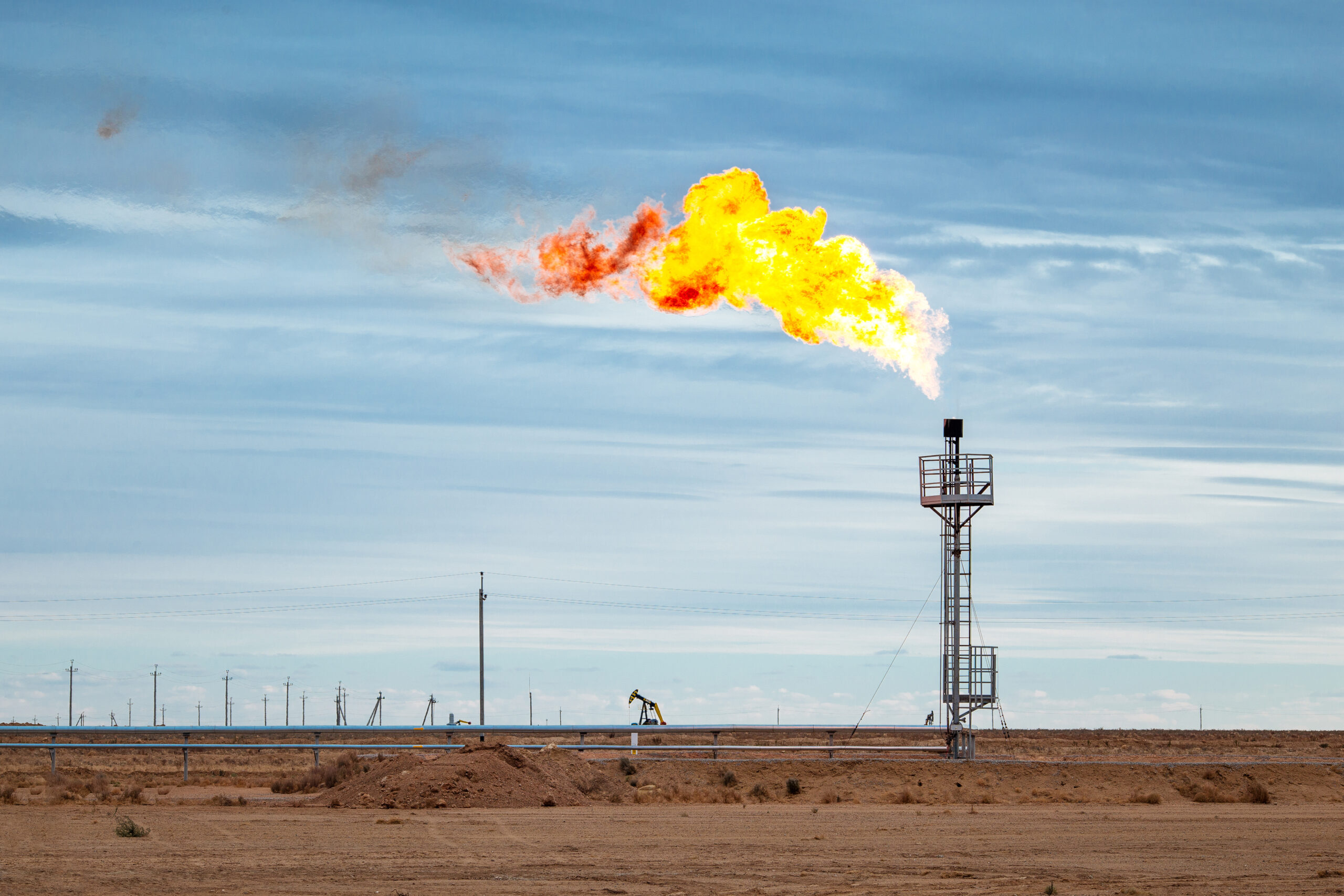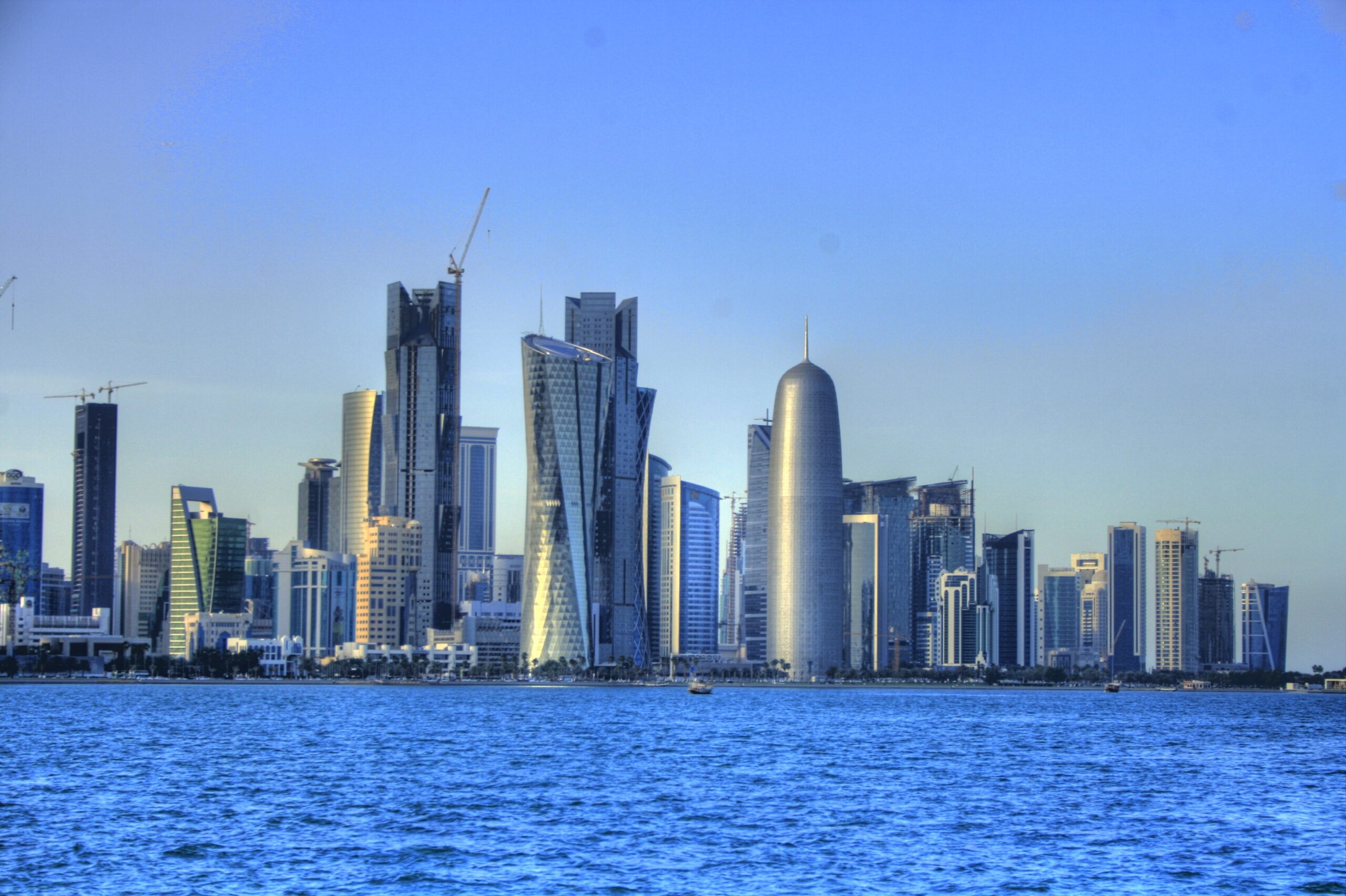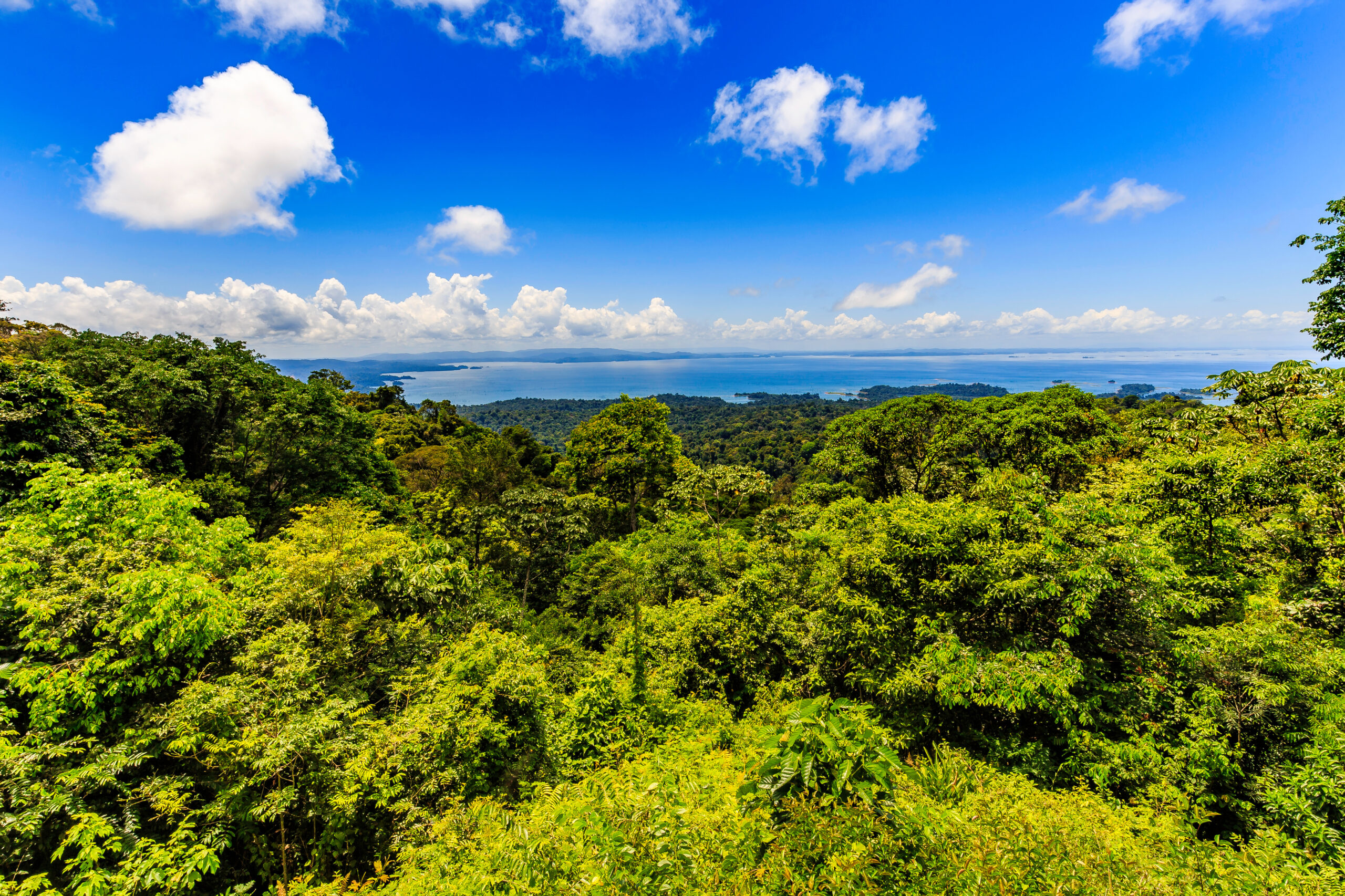BP urged to stop flaring after Iraqi man’s death
The oil major has still not suitably addressed gas flaring concerns in Rumaila, where an Iraqi man died of leukaemia, experts say.

Ali Hussein Jaloud was not asking for much. Like any other Iraqi boy in a country ravaged by decades of conflict and instability, he simply wanted to finish school and find a good job. However, Ali was never given the opportunity to realise any of his goals. At just 21, his life was tragically cut short by leukaemia late last month.
Worst of all is that it was cancer that could have been prevented. Ali, you see, grew up in Rumaila, home to Iraq’s largest oil fields. The Iraqi boy, a talented footballer, regularly played with his friends on makeshift pitches, under flame-filled skies, where oil rained down on them. As they played, however, little did they know that they were being stalked by an insidious foe, which they couldn’t see or hear.
The invisible enemy was of course the excess gas produced by oil production. In southern Iraq, where emissions are tightly regulated, oil and gas companies use the gas to extract more oil from a well. But in Rumaila, a lack of infrastructure and scrutiny, enabled BP, the field operator, to simply burn off – or flare – the poisonous toxic chemicals; sending them into the atmosphere and on a direct collision course with local communities living under the shadow of Rumaila’s vast oil fields.
If you’re struggling to understand the extent and scale of BP’s flaring emissions in Rumaila, studies by Greenpeace, reveal that the 4.52 million tonnes of CO2e are equivalent “to the annual emissions of over 970,000 petrol cars.”
It is these invisible chemicals such as black carbon, methane and benzene, which doctors believe caused Ali’s cancer. And he is not the only victim of a scandal that could have been avoided if BP had reinvested a tiny fraction of its billions of pounds of profit into basic infrastructure.
Last year, a BBC investigation revealed that cancer rates “were three times higher in Basra than official records claimed.” The BBC documentary, ‘Under Poisoned Skies’ that followed, revealed that more gas flaring took place in Rumaila than any other oilfield in the world. Most damning of all, was that BBC reporting showed that BP and its partners were breaking Iraqi law by flaring less than 10 kilometres from people’s homes – and in some instances just 350 metres away.
In its official response to the investigation made in September and then repeated in February, BP said it was “extremely concerned” by the findings.
However, Charlie Kronick, a senior climate advisor for Greenpeace UK, says that “their subsequent actions suggest otherwise.”
“BP is clearly not taking this issue seriously enough. They’ve been making hundreds of millions of pounds out of the Rumaila oilfield, yet they refuse to take responsibility for the devastating impact flaring has had on local communities,” he told Gas Outlook.
But, in a carefully-worded statement, BP insisted that the Rumaila Operating Organization (ROO) had reduced gas flaring by 65 percent in the last seven years – between 2012 and 2022.
But Kronick has called BP’s figures into question. He says, “Independent figures – from the World Bank, Flare, Intel and other sources – show that flaring has remained consistently high for years.”
As for BP’s assertion that the ROO “continues to engage with local community representatives and prioritise Social Welfare Fund support for community health initiatives,” Kronick says that an investigation conducted by Greenpeace, entitled ‘Unearthed,’ proved otherwise.
He said that ‘Unearthed’ asked BP “how much money they, or ROO, are putting in for community health initiatives in Iraq, whether results from their “expanded and ongoing programme of air monitoring” in Iraq will be made public and whether they will start including emissions from Rumaila in their annual emissions data. The answer to all these questions was no comment. This isn’t good enough.”
Stuart Haszeldine OBE, Professor of Carbon Capture and Storage at the University of Edinburgh, also doesn’t think that BP has suitably addressed gas flaring concerns in Rumaila.
“There is a slow and partial improvement by BP. But if that flaring occurred in the UK, the operation would be closed within hours,” he told Gas Outlook.
It begs the question, is gas flaring now untenable? For Kronick of Greenpeace, gas flaring has always been untenable “because of its impacts on people and climate.”
The World Bank estimates that, globally, 143 bcm of natural gas was flared in 2021 – about the same quantity of gas imported into Germany, France and the Netherlands – resulting in the release of 270 million tonnes of CO2 and nearly eight million tonnes of methane.
Kronick adds, “Countries like Norway have banned flaring, showing that it’s possible to cut these emissions if oil firms are forced to act.”
Shareholder pressure
It is a view shared by Haszeldine, who notes, “Companies perform to the limit of local legislation. If we want BP and others to do better, then that has to communicate from consumer pressure to the extracting company.”
Nest, the UK’s largest pension company, is making its voice heard. After BP’s AGM last week, Katharina Lindmeier, Nest’s Senior Responsible Investment Manager said, “BP’s decision to weaken its climate targets within a year of setting them, without consulting shareholders, really concerns us. We’re used to seeing companies strengthen climate targets, not water them down…”
At the BP AGM, the government’s workplace pension scheme, which represents more than a third of the UK workforce, and has invested £50 million in BP, used its voting rights to vote against re-election of the BP chairman, Helge Lund.
But would Nest ever consider divesting from BP? It was a question that Lindmeier was asked on Sky News, to which she replied, “…We have previously divested from companies where we have not seen the progress that we would have liked from engagement. For example, about a year and a half ago, we divested from the U.S. energy company, ExxonMobil after the engagement process did not bring sufficient progress in their approach to managing climate change risk.”
However Haszeldine, the professor, says that a smarter tactic would be “to sell 5% each year as a statement of dissatisfaction.” This, he says, would allow investors “to make public commentary at shareholder meetings – not just once – but every year.”
While there is no doubt that the BBC and Greenpeace investigations have shone a spotlight on the highly irresponsible practice of flaring, Haszeldine “very much doubts” that Ali’s death will prove a turning point for ending gas flaring in Iraq and further afield. He points to gas flaring and leaks in the Niger Delta, which have lasted for decades, “because nobody from Europe campaigned regularly.”
But Greenpeace’s Kronick thinks that it “certainly should be a turning point.”
He says, “For far too long, oil companies have been allowed to dump the impact of oil drilling on deprived communities who often struggle to make their voice heard. Ali’s voice has now been heard by millions and by the whole of BP’s AGM. We hope that will force BP to take this issue seriously.”
The Iraqi government is taking note. Following the BBC film, it announced that it would eliminate flaring in four years’ time.
“It’s a start,” concludes Kronick.
But it came far too late to save a young Iraqi man, who had his whole life ahead of him. That it took a BBC documentary and a Greenpeace investigation for the Iraqi government to act will provide little comfort to Ali Hussein Jaloud’s family.



